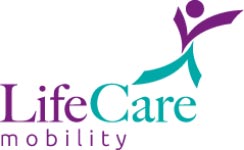Eating fruits and veggies, drinking plenty of water and avoiding fatty, sugary foods – it is advice we’ve all heard over and over again. It’s important advice to take. It should go without saying that eating a nutritious diet is a key factor in long-term health. It’s especially important for seniors to be mindful of what they’re eating. As we age, we become more susceptible to illnesses. Eating right is certainly a great way to optimize your health as a senior.
Drink plenty of fluids.
It is vital for seniors to stay hydrated. By drinking plenty of water each day, older adults are better able to regulate their body temperatures, keep their joints lubricated and prevent infections. Drinking water also helps for seniors to deliver nutrients to their cells and keep their organs functioning properly. Not to mention, being well-hydrated improves sleep quality, brain function and mood.
“It is important for your body to have plenty of fluids each day,” insists Ottawa Public Health, “Water helps you digest food, absorb nutrients, and then get rid of the unused waste. With age, some people may lose their sense of thirst and some medicines might make it even more important to have plenty of fluids. Dehydration can lead to dizziness, fainting and low blood pressure. These may put you at higher risk for falling.”
Avoid under-eating.
Although it is true that we need fewer calories as we age, it’s important to maintain a healthy appetite. Male seniors over the age of 70 require between 2,000 to 2,600 calories depending on how active their lifestyles are. Female seniors in that age group need about 1,600 to 2,000 calories per day. This also depends on activity which, of course, burns calories. Of course, not eating enough can lead to health issues.
“Many people experience a loss of appetite with age,” notes Tara Gidus on Healthline.com, “It’s also common for your sense of taste and smell to diminish. This can lead you to eat less. If you’re burning fewer calories through physical activity, eating less may not be a problem. However, you need to get enough calories and nutrients to maintain healthy organs, muscles, and bones. Not getting enough can lead to malnutrition and health problems.”
Eat enough fibre.
By eating plenty of fibre, seniors put themselves in better positions to lower their cholesterol levels. This helps them to battle heart disease. It’s wise to consume fibre-rich foods such as beans, oats, barley, almonds and walnuts. In addition to being heart-healthy, a fibre-rich diet can also help lower the chance of getting certain types of cancers, including colon cancer.
“Fibre is essential for a healthy digestive system,” says Ottawa Public Health, “To avoid constipation and other problems, include fibre-rich foods at every meal. Soluble fibre is especially important for maintaining healthy cholesterol levels. Good sources of fibre include: vegetables and fruits, beans and lentils, whole grains, and nuts, seeds and dried fruit.”
At LifeCare Mobility Solutions, we care deeply about keeping people healthy. A big part of our mandate is to help both the elderly and those with mobility issues to live more comfortable, independent lives. If you have any questions about our mobility solutions and home healthcare products, please don’t hesitate to call us at 416-267-9800 or email us at info@lifecaremobility.ca. You may also contact us by filling out the form on our Contact page!










